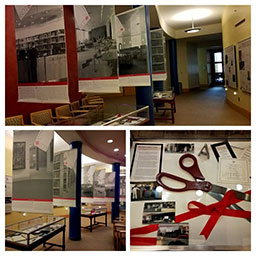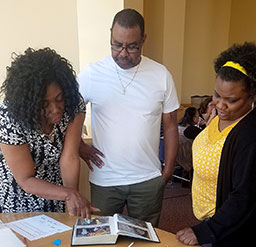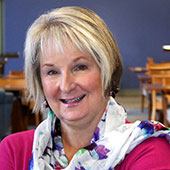
Annually, I kick off the academic year and the first issue of Connective Issues with my “Welcome and Welcome Back” message. It’s even become somewhat of a joke around the Library. I will admit it’s not a very original title; however, it is heartfelt. There’s a certain energy to the start of a new academic year that I truly enjoy. I love meeting new people and greeting old friends, and as anyone who has ever gotten on an elevator with me will attest, I talk to everyone. You see, even after 33 years at UMB, I am still the HS/HSL’s biggest fan. Every year brings something new and exciting to talk about and even brag about.
- For seasoned members of our community, I hope you’ve noticed our spiffed up main floor, with new types of furniture, plenty of new power outlets, and updated colors and column signs! We hope to work our way up to the second floor this year.
- In October, we will again be partnering with the School of Pharmacy to offer not one but two flu clinics. The partnership was wildly successful last year.
- In November, partnering with the JHU Welch Medical Library, Elsevier, and the UMB Institute for Clinical and Translational Research, we will explore the Future of Research. What will research funding look like? Will there still be journals or will artificial intelligence take over the editing and publishing enterprise? Join us on November 20 and be prepared to share your ideas along with experts in the field.
So, every day I wake up excited to see what new and innovative things are going on here. I hope you are enthusiastic about the HS/HSL as well. Share why you love the Library during our October i ❤ umbhshsl campaign.
Let us know how we can help. It’s good to see you!



 Mark your calendars! Tie strings around your fingers! Put up a post-it note! Write this on your hand!
Mark your calendars! Tie strings around your fingers! Put up a post-it note! Write this on your hand!



 Are you interested in helping to improve the fifth most visited website in the world?
Are you interested in helping to improve the fifth most visited website in the world?


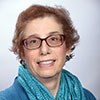
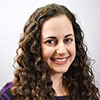
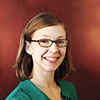

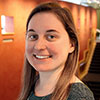
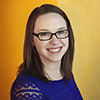






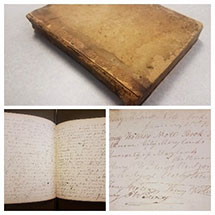 1837 Class Notes of Henry Waters
1837 Class Notes of Henry Waters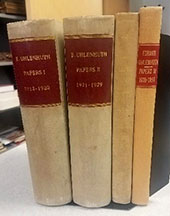 Dr. Eduard Uhlenhuth Volumes
Dr. Eduard Uhlenhuth Volumes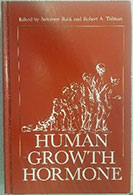 Dr. Salvatore Raiti Materials
Dr. Salvatore Raiti Materials


